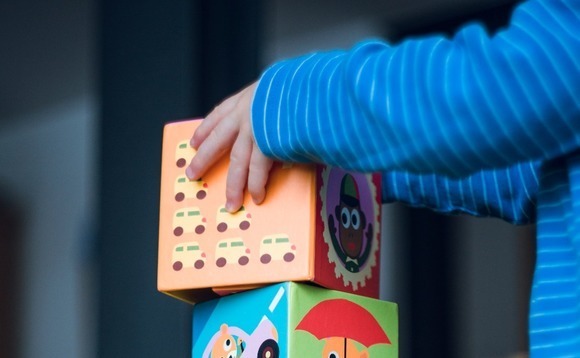
Deal focus: COVID-19 prompts Modern Star exit rethink

Navis Capital Partners' 3.5x return on Australian educational resources supplier reflects how the business proved resilient in the face of COVID-19, but the pandemic still played havoc with the exit process
When Navis Capital Partners put educational resources provider Modern Star up for sale last autumn, it wanted a single buyer for the entire business. The private equity firm had taken what was a primarily Australia operation and created a complementary China piece: the new owner could leverage the former to drive growth in the latter.
"The China business started primarily as a furniture and experiential business. It sold a lot of things used in childcare centers but only a small amount of traditional education resources," says Philip Latham, a senior partner at Navis. "We brought knowledge, technology, and products from Australia so the China business could sell more products to its existing customers. What we were selling to a potential global buyer was the ability to use strong Australia cash flows to continue that growth in China."
A buyer was lined up but started expressing doubts about the deal in January as the COVID-19 outbreak prompted the closure of China's childcare centers and schools. Navis halted the process. It then received inbound inquiries from Australian groups interested in the local operation, which is 80% Australia, 15% New Zealand and 5% Hong Kong and Singapore. Initially reluctant to split up Modern Star, Navis eventually acquiesced – only for COVID-19 to stymie the process in Australia.
"Fast forward to July, it was clear the business had done well despite COVID-19. This is because it is so well-diversified," says Latham. "When sales of the school products were down, sales of toy and home products like puzzles and Lego were up because kids were at home. This was noticed by several parties, and we were approached again."
Navis has sold the Australia operation to Pacific Equity Partners for an enterprise valuation of A$600 million ($433 million). Having acquired Modern Star for about A$215 million in 2014, the private equity firm will walk away with a multiple of 3.5x and an IRR of 25% in Australian dollar terms. It retains the China business, which is worth A$60-70 million, and expects an exit in 18-24 months.
"We've already been approached by a number of global buyers. One or two were looking at the whole company because they wanted the China business. Paradoxically, this situation has made it easier for them," Latham adds.
When Navis bought Modern Star, the company was selling around 10,000 products to 40,000 schools, childcare centers, and specialist toy retailers. Today, the product portfolio numbers 25,000, with a further 5,000 available through wholesale channels. The company deals with around 200,000 customers, according to Latham.
Growth was partly organic – Modern Star built up an online database of teachers and childcare professionals who previously were only contacted in person – and partly inorganic, with five bolt-on acquisitions during the holding period. A dedicated team would review school curriculums for the coming year, establish what products would be most in demand, and identify suppliers. Sometimes this process resulted in acquisitions.
While Modern Star was responsible for a degree of consolidation, the industry remains highly fragmented. "We are five times larger than our nearest competitor and we are slightly under 20% of the Australian market," Latham says. "There is an enormous number of suppliers – from small art shops in Melbourne that supply a few schools to one-stop-shop business like ours that cover multiple subjects but perhaps only in a certain geography."
Latest News
Asian GPs slow implementation of ESG policies - survey
Asia-based private equity firms are assigning more dedicated resources to environment, social, and governance (ESG) programmes, but policy changes have slowed in the past 12 months, in part due to concerns raised internally and by LPs, according to a...
Singapore fintech start-up LXA gets $10m seed round
New Enterprise Associates (NEA) has led a USD 10m seed round for Singapore’s LXA, a financial technology start-up launched by a former Asia senior executive at The Blackstone Group.
India's InCred announces $60m round, claims unicorn status
Indian non-bank lender InCred Financial Services said it has received INR 5bn (USD 60m) at a valuation of at least USD 1bn from unnamed investors including “a global private equity fund.”
Insight leads $50m round for Australia's Roller
Insight Partners has led a USD 50m round for Australia’s Roller, a venue management software provider specializing in family fun parks.







